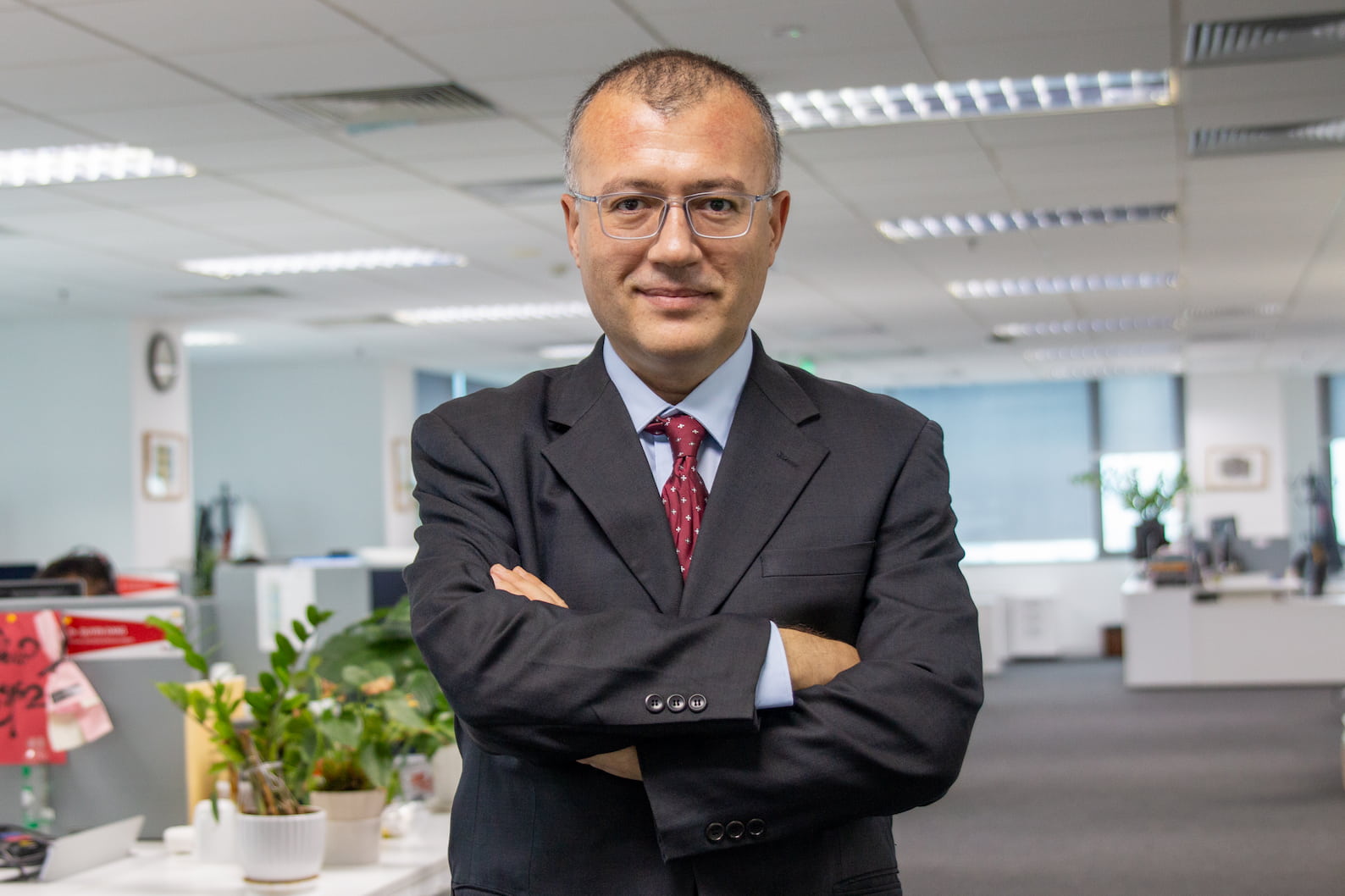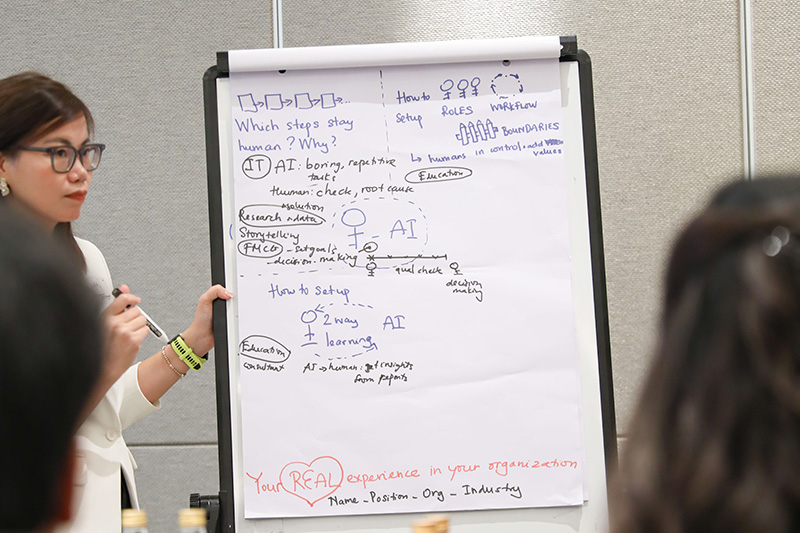Job-hopping isn’t always a win
On the bright side, job hopping repeatedly can expedite skills acquisition for workers, broaden professional networks, and command higher short-term pay.
However, Dr Atay highlights: “It can also mean insecurity, failure to acquire in-depth knowledge, and result in employer scepticism about commitment.”
For employers, high turnover comes at the cost of higher recruitment and training expenses, loss of team stability, and loss of institutional knowledge. High turnover also indicates problems with management, culture, or career development processes that will weaken employer reputation and long-term performance.
How can companies retain talent longer?
Dr Atay shares some examples that Vietnamese companies can adopt to manage job-hopping.
Successful employee retention hinges on building relevant, supportive, and growth-oriented work cultures. Businesses like Vietnam's FPT Software have implemented speed-to-leadership talent pipelines, connecting high-potential employees with mentors and providing cross-functional exposure. Viettel drives employee development through external certification and upskilling programs, and Techcombank encourages mental wellness and flexible working to foster work-life balance.
Globally, Unilever has focused more on purpose-based flexible career progressions. Adobe’s internal mobility enables employees to try new careers.
To retain ambitious talent, local businesses should develop structured and appealing career advancement plans. Suntory PepsiCo's Management Trainee Program can be an exemplar: it fast-tracks high-potential graduates into management roles within three years. The program features job rotations across Sales, Marketing, Finance, Supply Chain, and HR.
These practices, including career development, education investments, flexible working, and purpose-driven culture, have been successful in curbing turnover and creating loyalty.
Dr Atay concludes: “Retention is not about controlling; it is about connecting. When people are trusted, empowered, and respected, they stick it out and perform better.”
Story: June Pham






